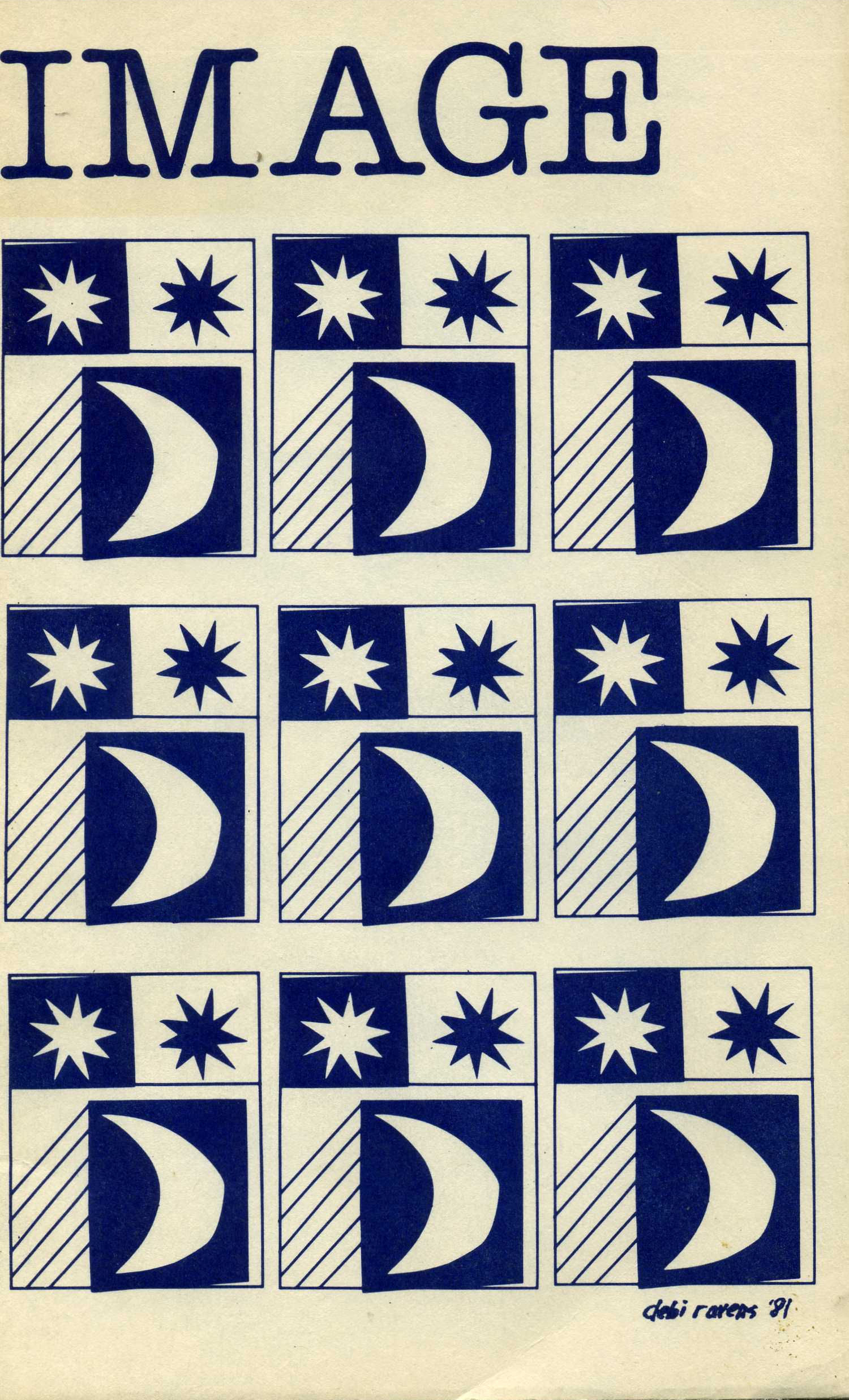This book collects the first two books in the trilogy, natch. A featured selection in the Science Fiction Book Club, too, I learned from the ephemera that came with the book–namely, the flyer for the month where the book was featured.
I like Harry Harrison. I read his Planet of No Return in middle school, and I’ve dabbled with the Stainless Steel Rat series (see also The Stainless Steel Rat for President). I’ve even discovered that I read another alt history book of his recentlyish (Stars and Stripes Triumphant, July 2006). I characterized this as an alt history book as well when I bought it, but it’s more fantasy than straight ahead alt history.
The books center on Shef, a thrall raised by the local karl (minor royalty figure) who kept Shef’s mother. As a bastard, he’s mistreated of course, but he learns some smithing. When a band of Vikings invade to avenge their father, Shef becomes part of their army to rescue his captured stepsister. Then he rises in the ranks and becomes a lord in his own right, guided by a mysterious god-figure who thwarts even Othin.
It’s a fantasy book because it does feature Norse gods as real people, includes a lot of visions and stuff. The two books clock in at 800 pages, so I felt my bottom in the chair, so to speak, although the books were good enough reading as I went along. Although the battle scenes are more Patick O’Brian than Bernard Cornwell in that they’re rather anti-climactic and a bit of an afterthought, with much of the book coming in the in-between things going on. A bit of a knock, but I guess I did end the reading experience with the end of the middle part of the trilogy. If I stopped watching the first Star Wars trilogy after A Empire Strikes Back, I’d been left a little hanging.
Of course, if that’s the metaphor that holds, I’d better not read the third in this series, or I’ll find that the Ewoks keep the Norse gods from winning at Ragnarok.



